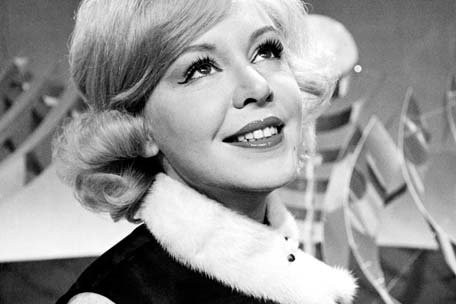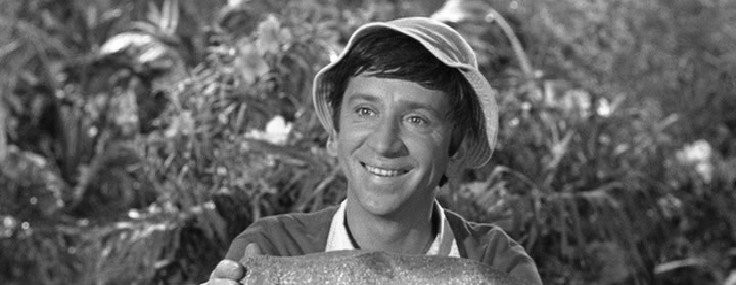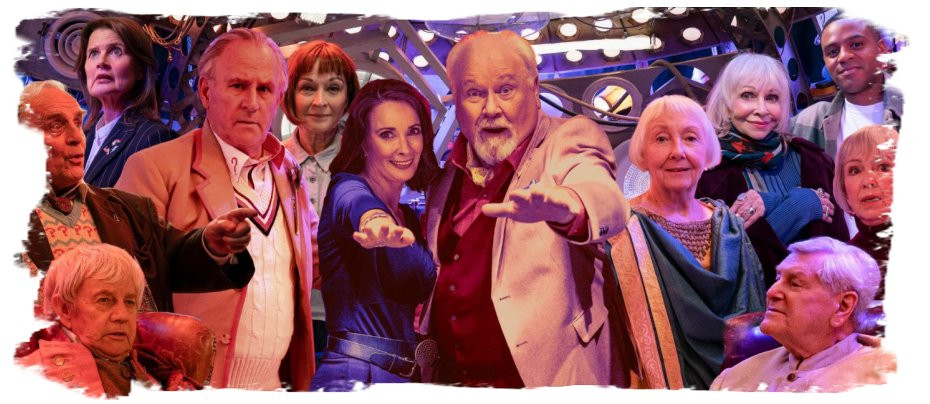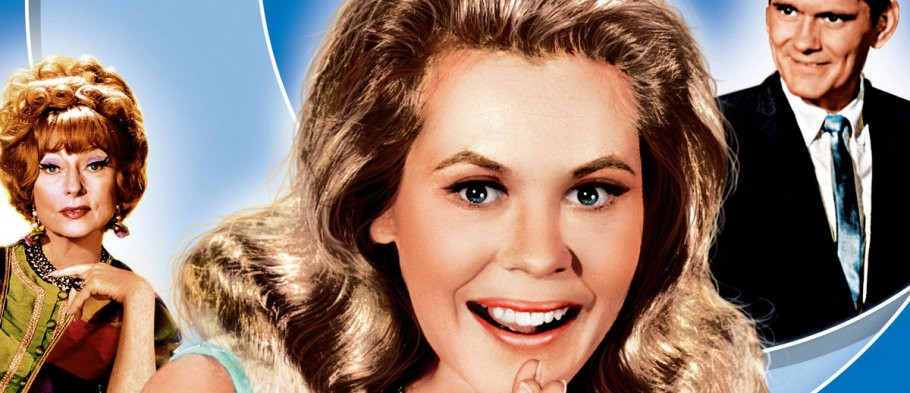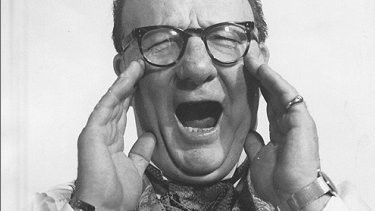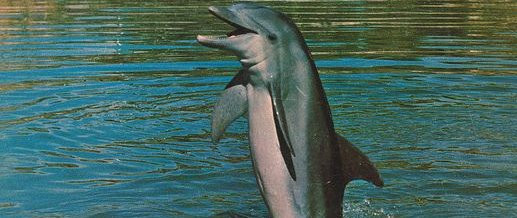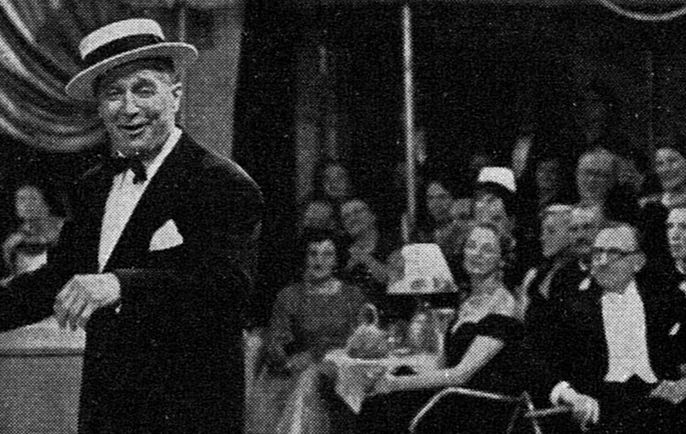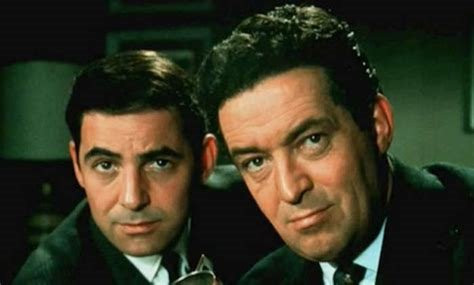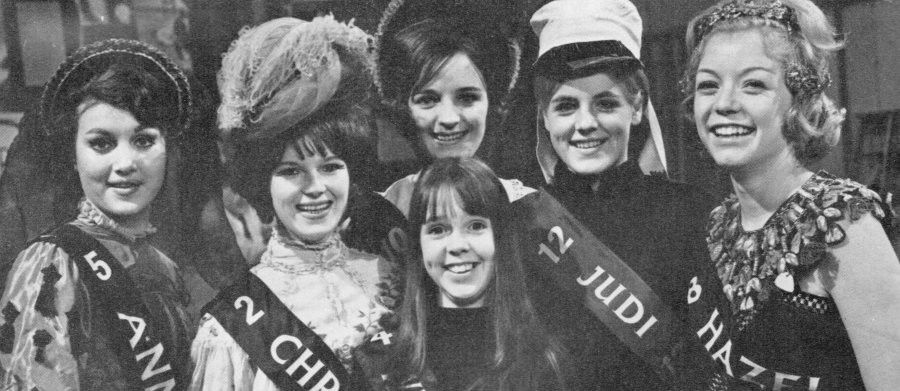
Search for a Star
1964 - United KingdomDebuting on 14 September 1964, Search for a Star was a talent show which aimed to discover a female all-round entertainer. According to programme editor Francis Hitchin, speaking to TV Times in the week the show began, this was the show which "will do exactly what it says. We're going to find a girl who really has it. And by that I mean a girl with the lot - for once she's been discovered she's going to get star billing in a television musical spectacular, written for her, next year."
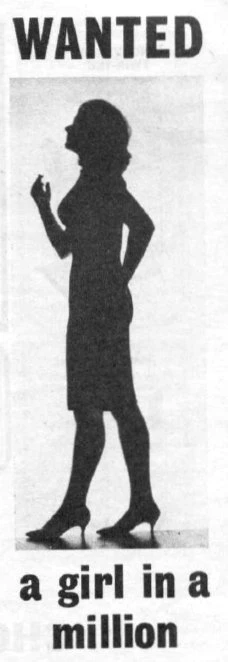
Girls aged between 15 and 23 years old were invited to write in to the producers and send a picture of themselves, even after the series had begun broadcasting. Twelve girls were chosen for each 50-minute 'audition show.' The starry-eyed hopefuls had to meet the following requirements: to be able to dance well ('in the pop idiom'), capable of picking up stage dance routines quickly, and be able to project her personality on the screen when being interviewed and when putting over a song and must have a natural acting talent.
The twelve girls were then whittled down to eight and those eight would be reduced by various 'stages'.
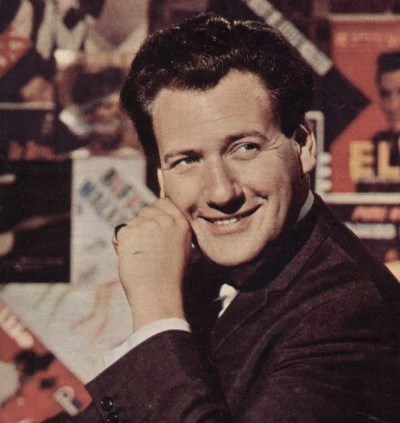
Stage One required each girl to do a solo specialty turn for a minute-sing, dance, mime, juggle..."play the spoons for all we care, so long as she has talent and personality." For Stage Two, with the help of a choreographer, the girls had to learn a basic dance routine. The choreographer would then choose four girls who would be interviewed by the show's host, Keith Fordyce. After that they were reduced to three contestants and in Stage Three, they would be given a situation which they had to act out in mime. Finally, the best two would act out a scripted piece with a professional actor from which the winner of that show would be chosen.
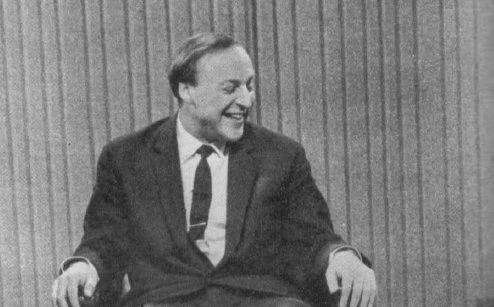
According to Contrast - The Television Quarterly (Winter 1964-65), 'most of (the girls) possessed average good looks, tiny talents and enormous optimism and blind daring.' During the run of the series, various judges were brought in the assess the wannabe starlets. Among them were Benny Green (the British broadcaster and jazz saxophonist and former student of the Royal College of Music), Jack Hylton, (the impresario who had previously had his own talent-spotting shows), ballet dancer Marie Rambert, Paddy Stone (a Canadian-born dancer and choreographer who later choreographed three Julie Andrews specials with the Muppets), and Phillip Oakes (scriptwriter and broadcaster - best known for his screenplay of Tony Hancock's hit-and-miss 1962 movie The Punch and Judy Man).
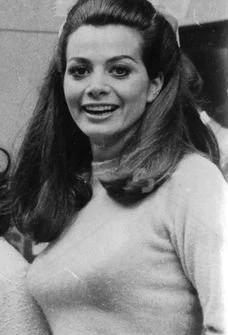
'The Judges', according to Contrast, 'invariably said - sometimes with irony, maybe - that it was hard to choose between them. Usually, however, it seemed to viewers that glimmerings of professional ability were decisively eliminated in the first round.'
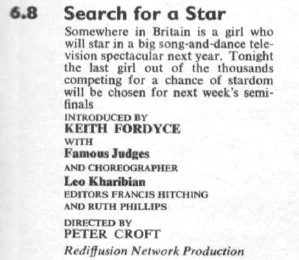
The series, which was made by the London-based TV company Associated Rediffusion, and which ran until 14 December 1964, did not get a full network broadcast across all the ITV regions and was tucked away in an early Monday evening slot. However, it seems unlikely that viewers missed very much. The eventual winner, Judi Johnson (living in Hendon at that time but originally from Ffestiniog, Wales) seldom appeared on television following Search for a Star. Although she did get her promised ‘spectacular’.
Wish Upon a Star (A Fairy Story) was broadcast at 9.40pm on Wednesday 17 March 1965 – Judi even got her own TV Times cover to promote the show.
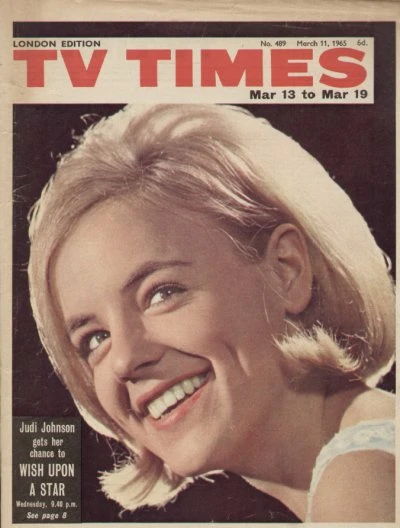
According to the Daily Mirror, ITV spent £20,000 to put the one-off production on the air, a special script was commissioned, Tony Hatch (the writer of Petula Clark’s hit ‘Downtown’) wrote songs for Judi (Pete from Birmingham says he remembers Judi closing the show with a Tony Hatch/Jackie Trent penned number called 'Just Remember Me.' (... just remember me forever more...) but has been unable to track the song down).
The script, written by John O’Toole (Knight Errant, Coronation Street and the Emmy nominated Once Upon a Classic episode Leatherstocking Tales) was a fantasy in which Judi is granted seven wishes after winning the talent contest. They lead her into several adventures - travelling around the world, sporting the latest fashions and even getting involved in a murder investigation with Rupert Davies stepping in for the prosecution. Judi then learns that winning the contest is only the first step towards stardom and the real secret is - hard work!
Some well-known names were lined up to help Judi on the road to stardom. Gerry and the Pacemakers, Madeline Bell and Vince Hill as musical guests joined Milo O’Shea and Keith Fordyce (Ready Steady Go) as well as the original Search for a Star finalists.
According to IMDb Judi appeared in one broadcast of a write-in-and-request show called That's for Me (1964) and a 1965 edition of a pop show titled Gadzooks! It's All Happening. She did appear in two Carry On movies (Spying and Cleo) but was uncredited in both.
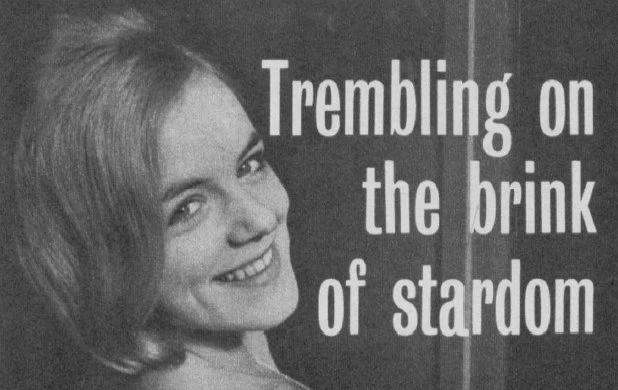
However, Judi may well have decided that a showbiz life was not for her as hinted at in the TV Times interview that was published in the week her spectacular was broadcast. "About two days after my win, the thrill wore off and I started to worry about the spectacular. It's all very well dreaming of a television show of your own, but when it arrives on your plate you begin to wonder seriously if you are really good enough to carry it off."
Despite her concerns, Judi continued to study at stage school once the spectacular was 'in the can' but was philosophical about the future. "My mood of thought is I've enjoyed myself so whatever happens (next) hardly matters. If the show is a success, good. If not, well, I'm young. I'll learn. And I've had a ball."
Different fortunes however awaited two other aspiring youngsters that did not win Search for a Star. Tanya Trude appeared in several series over the next few years, including Z Cars, Dixon of Dock Green, Public Eye and The Newcomers. Curiously, 17-year old Wendy Padbury who trained at the Aida Foster Stage School had already been seen in Crossroads, two weeks before Search for a Star began. Less than four years later she found a new home - in the TARDIS as Doctor Who companion Zoe Heriot.
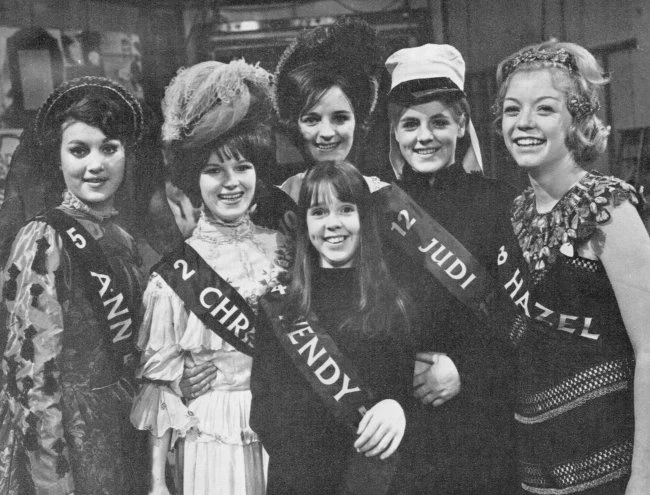
Judi Johnson had recorded a single in 1964 titled ‘My Baby’s Face’ b/w ‘Make The Most Of It’ (HMV) and in 1965 she recorded Marty Wilde’s (under the pen-name Frere Manston) song ‘How Many Times’ b/w ‘A Way Out’ now accompanied by back-up singers called The Perfections, but following that she disappeared from the media.
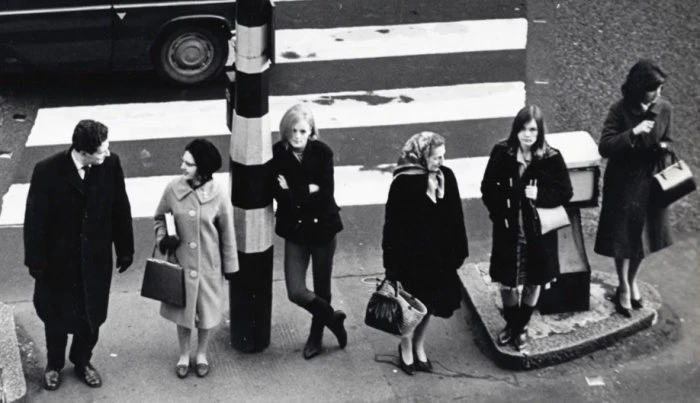
"I don't really want to change," she told Dave Lanning of the TV Times in 1965. "I hate it when friends say: 'Here's Judi. Now she's a star she won't want to talk to us.' They're only joking. But I can't help feeling there's a serious undertone. And I want to keep all my old friends."
The other Search for a Star hopefuls not mentioned above and who appeared in the spectacular were Christine Bell, Josie Earle, Sharon Bysouth, Hazel Framingham and Angela Coulton
Published on December 2nd, 2022. Written by Laurence Marcus (6 March 2021 - updated 2 December 2022) for Television Heaven.


